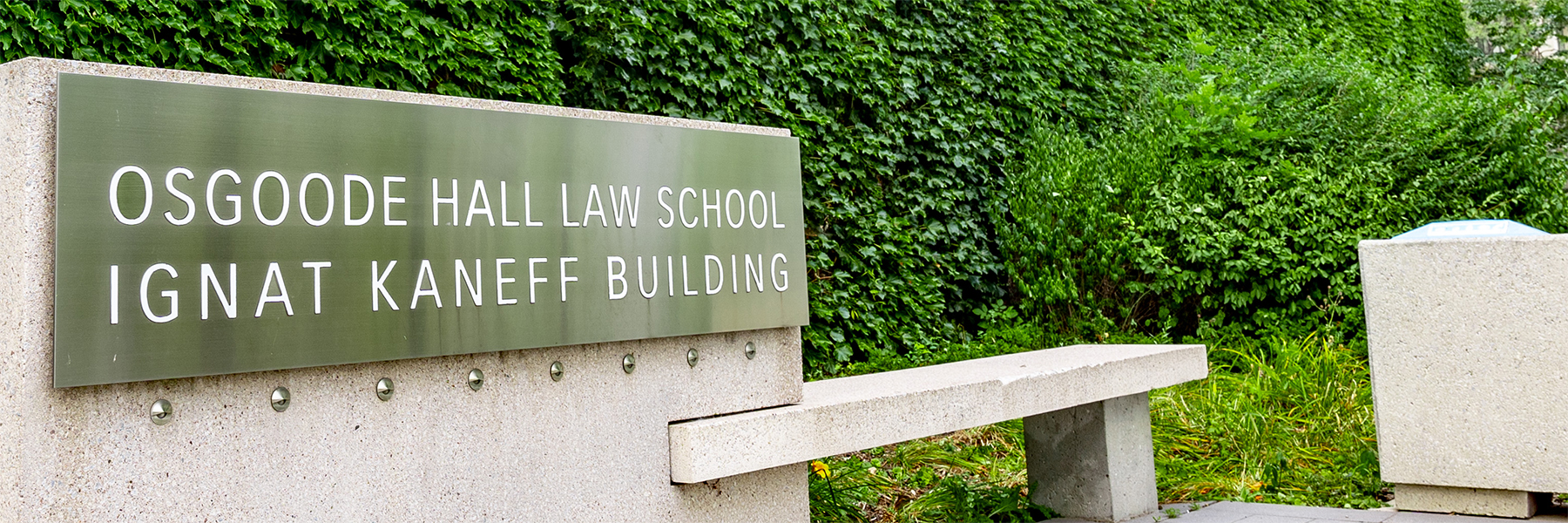
The law is full of life; it is constantly growing and changing. At Osgoode Hall Law School, we pride ourselves on introducing our students to this living world while developing the foundational skills they’ll need to succeed and giving them the opportunity to apply those skills through experiential education and other means.

In other words, our focus is on helping our students develop a lens for thinking and reasoning that will serve them well no matter how the law changes in the coming years. Students spend their first year immersed in gaining the key foundational skills they’ll need to approach the law intelligently. Analysis, reasoning, research, writing and advocacy are essential to their future success.
In their second year and beyond, our students follow a broad, diverse curriculum that allows them to explore their interests in fields that appeal to them. Osgoode truly shines in offering its students experiential education opportunities. Our 17 clinical programs offer myriad options for hands-on experience handling a legal file and working directly with clients as they pursue their passions, whether that means disability rights, intellectual property, international refugee law, Indigenous perspectives on law or violence against women. These clinical opportunities require our students to draw on their foundational skills as they seek justice for their clients, all the while gaining an understanding of the law in action.
During their final year of law school, our students continue to build on their foundational skills and have the opportunity to choose from a broad array of cutting-edge courses. By the time they graduate, we believe that they have the best possible preparation to build meaningful, rewarding careers. Experiential education is a significant piece of this puzzle and we are proud to share some stellar examples of its benefits with Innovatus readers.
Sincerely,
Mary G. Condon,
Dean, Osgoode Hall Law School
